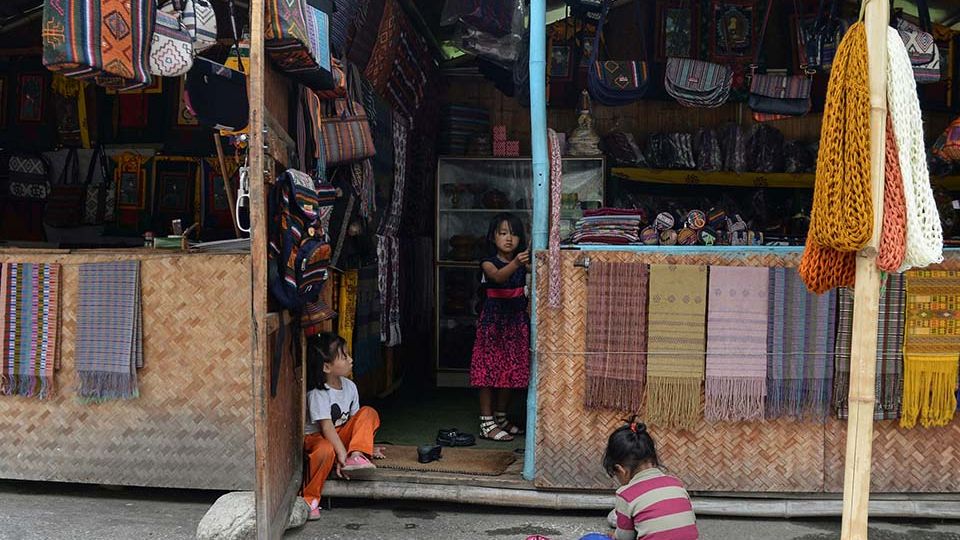April 11, 2025
THIMPHU – To mark World Health Day 2025, the Ministry of Health (MoH) has placed maternal and child health at the forefront, highlighting progress made and challenges that remain. Under the global theme “Healthy beginnings, hopeful futures,” Bhutan is reinforcing its commitment to ensuring every pregnancy is safe, every birth is supported, and every child has a healthy start to life.
“Protecting mothers and newborns is central to building a resilient health system,” said health officials. “Each safe pregnancy and delivery brings us closer to ending preventable deaths and securing a thriving start for our children.”
Over the past two decades, Bhutan has made notable gains. Maternal mortality has dropped from 777 per 100,000 live births in 1984 to 53 in 2023. Similarly, under-five mortality has declined from 162.4 to 19.2 per 1,000 live births—significant progress for a small country navigating rugged terrain and resource constraints.
Despite these improvements, key concerns remain. About 33 percent of pregnant women in Bhutan are anaemic, with rates rising to 36.5 percent among adolescent girls aged 15 to 19. Equally worrying is the low attendance of antenatal care—only 38 percent of pregnant women complete the recommended eight visits. These gaps not only affect individual health but also pose risks to the country’s long-term development by weakening the foundation of its human capital.
“Investing in the health of mothers and children is investing in Bhutan’s future,” MoH officials said. “A strong start in life leads to a stronger, more resilient nation.”
To address these challenges, the ministry has introduced the Comprehensive Mother and Child Health Programme—a broad initiative that targets both medical and social barriers to care. The programme spans a wide range of services, including fertility counselling, preconception care, screenings for anaemia, oral health, intimate partner violence, and crucially, mental health support during and after pregnancy—an often-overlooked aspect of maternal care.
Multiple micronutrient supplements are now being distributed to pregnant and breastfeeding women to tackle nutritional deficiencies. New mothers receive support with breastfeeding, while developmental screening for children helps detect delays early. The programme also includes guidance on maternal exercise and oral health, offering a well-rounded model of care.
A key component is the 1000 Golden Days initiative, launched earlier this year under the Accelerating Maternal and Child Health Programme. It offers conditional cash incentives to eligible women to encourage their full participation in essential services, reinforcing the government’s strategy to improve outcomes through targeted support.
The success of these programmes hinges on the people who deliver them—health professionals, community workers, and families across Bhutan. Village Health Workers, in particular, are vital in reaching rural communities, raising awareness, encouraging behavioural change, and linking families to health services.
International partners such as WHO, UNICEF, and the World Bank have also played a key role, providing technical support, funding, and guidance to strengthen Bhutan’s health systems—especially in hard-to-reach areas.
“Community engagement and behaviour change have been at the heart of Bhutan’s progress in maternal and child health,” officials noted. “When communities are involved, there is greater awareness, trust, and participation.”
While challenges remain, Bhutan has laid a solid foundation. With strong policy support, community involvement, and continued investment, the country is working toward a health system that not only treats illness but also builds a healthier and more equitable future.
“When we care for mothers, we protect the next generation and strengthen the very fabric of our society,” said a health official.


